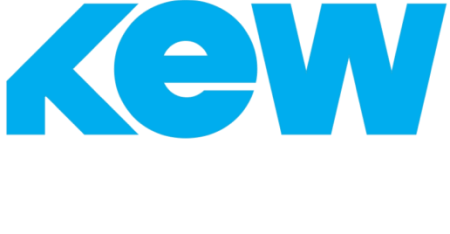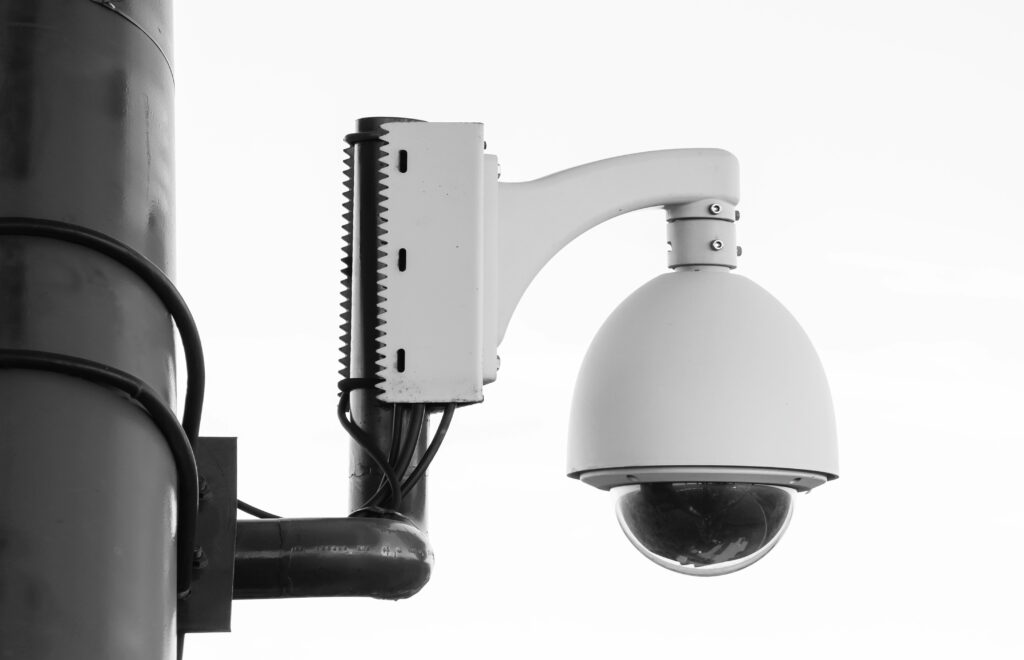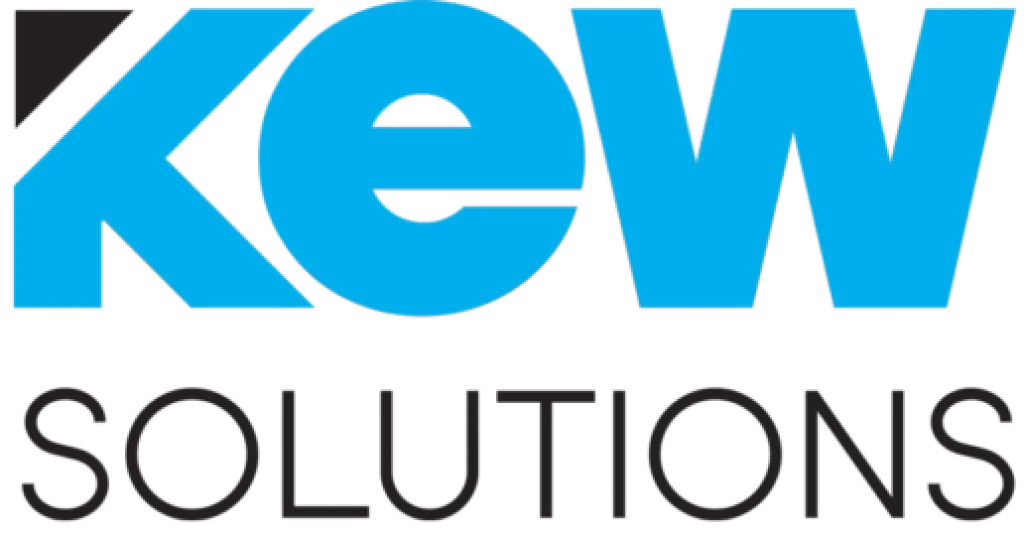In today’s digital world, data is the lifeblood of businesses. From customer records to operational systems, protecting this critical information is essential to maintaining continuity and avoiding costly disruptions. Backing up data ensures that your organisation can recover quickly in the event of hardware failures, cyberattacks, or natural disasters.
Businesses often face a key decision when planning their backup strategy: Should they choose cloud backup solutions, on-premises backup solutions, or a hybrid approach? Each method has unique benefits and challenges, making it essential to weigh your options carefully. In this guide, we’ll explore the differences between cloud and on-premises backup to help you decide which is the right fit for your business.
What Is Cloud Backup?
Cloud backup involves storing your data on remote servers managed by a cloud provider. These backups are accessible through the internet and often hosted in secure public clouds.
Key Features
- Remote Storage: Data is stored off-site, offering protection against physical damage at your premises.
- Automatic Updates: Backups can be automated, ensuring up-to-date copies of your data.
- Scalability: Easily increase storage capacity as your requirements grow.
- Access Anywhere: Data can be accessed from any internet-enabled device.
Pros & Cons
Pros
- Cost Savings: No need to invest in expensive hardware; payment models are often subscription-based.
- Disaster Recovery: Offers strong protection against natural disasters as data resides in multiple physical locations.
- Ease of Management: Cloud providers handle updates, security, and maintenance.
- Flexibility: Ideal for businesses with multiple locations or remote teams.
Cons
- Internet Dependency: Requires a stable network connection for access and backups.
- Recurring Costs: Subscription fees can add up over time.
- Data Security Concerns: Storing data off-site may raise concerns about compliance and privacy.
Who Could Benefit from Cloud Backup?
Businesses that prioritise scalability, flexibility, and reduced management overhead are ideal candidates for cloud backup. It’s especially beneficial for organisations operating in multiple environments or seeking robust disaster recovery options.
What Is On-Premises Backup?
On-premises backup refers to storing data within your physical locations, typically using dedicated hardware like servers or external drives.
Key Features
- Local Storage: Data is saved on hardware within your premises.
- Direct Control: Full management of backup systems and processes.
- No Internet Dependency: Access data without relying on a network connection.
Pros & Cons
Pros
- Enhanced Security: Data stays on-site, reducing concerns about unauthorised access by third-party cloud providers.
- Control: Full ownership of both hardware and software ensures customisation to meet specific requirements.
- One-Time Costs: Upfront investment in hardware, with no recurring subscription fees.
Cons
- High Initial Costs: Requires significant investment in equipment and software.
- Risk of Damage: Vulnerable to natural disasters or hardware failures affecting the premises.
- Maintenance Burden: In-house teams must manage and update systems.
Who Could Benefit from Onsite Backup?
On-premises solutions are ideal for businesses with stringent data security requirements or those operating in locations with unreliable internet connections.
Comparing Cloud and On-Premises Backup
Cost Considerations
Cloud backup solutions often have lower upfront costs, as businesses only pay for the storage they use. However, recurring subscription fees can add up over time, potentially exceeding the one-time costs of on-premises hardware. Additionally, cloud providers often offer cost savings for businesses requiring extensive storage or frequent backups.
Security
On-premises solutions offer enhanced control, allowing businesses to safeguard sensitive data within their physical locations. In contrast, cloud backup relies on the security measures of the cloud provider, which may include encryption and multi-location redundancy. Both approaches have potential vulnerabilities, and businesses must carefully assess their security needs.
Performance and Accessibility
On-premises backups offer faster data retrieval, especially for large files, as there is no reliance on internet speeds. However, cloud backups provide unparalleled accessibility, allowing authorised personnel to access data from any device or location.
Scalability and Flexibility
Cloud backup systems are highly scalable, allowing businesses to expand their storage capacity without additional hardware. On-premises backups are less flexible, requiring the purchase and installation of new hardware as storage requirements grow.
Disaster Recovery
Cloud backup excels in disaster recovery, protecting data from fire, flooding, or other natural disasters by storing copies in remote locations. On-premises backups are vulnerable to such risks unless paired with off-site replication.
Hybrid Backup: A Middle Ground
A hybrid backup combines the best of both cloud and on-premises solutions, providing enhanced flexibility and resilience. Businesses use on-premises backups for fast local access while simultaneously storing data in the cloud for disaster recovery and remote accessibility.
When Is a Hybrid Approach Ideal?
- Businesses with diverse environments requiring both on-site control and cloud flexibility.
- Organisations seeking robust protection against natural disasters while retaining rapid access to critical data.
- Companies transitioning between on-premises and cloud-based systems, allowing for a phased approach to backup management.
Conclusion
Choosing between cloud and on-premises—or adopting a hybrid approach—depends on your organisation’s unique needs, including budget, security requirements, and operational priorities.
By understanding the benefits and challenges of each method, businesses can implement a tailored backup strategy that ensures data protection, compliance, and business continuity.
For expert guidance and custom backup solutions, Contact us, Book a Call or head to our Data Backup page. Our team specialises in designing and implementing robust backup systems to meet your needs, ensuring your data is always secure and accessible.









